Swiss get a glimpse of North Korea
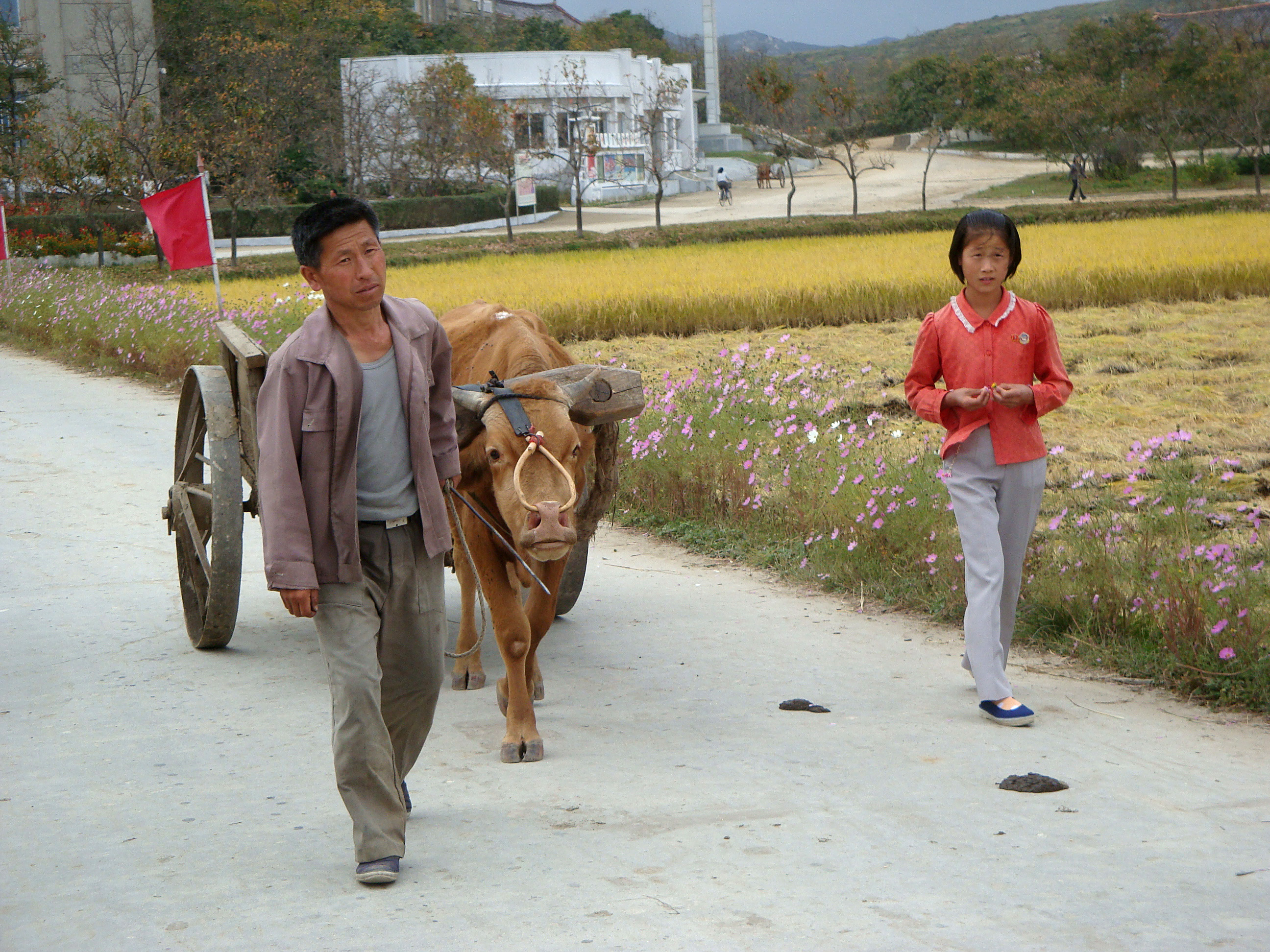
“The situation is precarious – the country is partly deindustrialised. It desperately needs to open up”, says Peter Vollmer, just back from a trip to North Korea with a group of Swiss politicians.
Several things have changed since the former parliamentarian’s first trip there in the 1980s.
“The first thing incoming travellers have to do at the airport is drop off their mobile phones,” Vollmer told swissinfo.ch. For ten days, the Swiss delegation was cut off from the rest of the world: no internet, no international media, no TV.
According to Vollmer, “You can make a phone call, but it’s complicated. North Korea has a cell phone network with its own frequency, and there is internet service, but it’s very limited. You don’t see any satellite dishes”.
The five active and three former parliamentarians started their journey in North Korea’s capital, Pyongyang.
There they were joined by a translator, who accompanied them to Hwangu, Yonson, Kaeson, and Wonsan, where they marvelled at the Kumgang Mountains. From there the bus took them to Panmunjom – site of the demarcation line between North and South Korea, which have yet to make peace.
Clean streets
“There’s a lot of construction going on in Pyongyang; countless homes are being built,” Vollmer said. He also saw many portraits and monuments of Kim Il-sung, the grandfather, and Kim Jong-il, the father of the current leader, Kim Jong-un. However, there were no neon lights or advertising materials.
“Lighting inside homes is meagre. When it gets dark in the evening, you see people reading newspapers and books under the street lights,” Vollmer observed.
Everything was clean and well-maintained. “Everywhere, even in the villages, there are always teams of civilians and soldiers cleaning and mopping.” There is little traffic and hardly any private transport.
“On the highway, our bus was all alone. There were potholes, and we also drove on dirt roads – where corn was being dried and pedestrians and cyclists were travelling, too. It was pretty demanding for our driver; it took two hours to cover 60 kilometres.”
Food supply
The tour group visited a number of Swiss-funded aid projects, such as an agricultural one with a focus on cultivation methods for steep slopes.
“Some of North Korea looks like Switzerland’s Emmental. Gently rolling hills plus steep slopes and many mountains with little arable farmland. Switzerland can share a lot of expertise in this field,” said Vollmer, who is from Bern.
In addition, Switzerland has been supplying milk powder which is enriched with vitamins and distributed to infants, schools, hospitals and day care centres through the World Food Programme (WFP). “The project makes sense and helps the population,” Vollmer said.
Following the great famine of the 1990s, there are still millions of North Koreans who depend on food aid from abroad. On a visit to an orphanage initiated by Caritas, the Swiss group saw many young children suffering from stunted growth.
“The effects of early malnutrition cannot be cured; that’s depressing,” said Vollmer.
Tough times
According to Vollmer, an atmosphere of change had prevailed there during his last visit in 1985.
“At that time, agricultural mechanisation was taking off there, and North Korea was developing its own tractors. But the fall of the Berlin Wall and the disintegration of the Soviet Union brought on a total collapse. From one day to the next, Russia turned off the oil spigot and only delivered in exchange for hard currency, while the North Korean economy was on the brink of ruin. Then came the great famine – a huge setback ,” Vollmer said.
Today the country is heavily de-industrialised; productivity is low, crop yields modest and infrastructure obsolete. You see factories that no longer operate, and because of international sanctions, there are no spare parts.
“Suntanned people are constantly walking somewhere briskly, often carrying heavy loads. They march for 20 or 30 kilometres, sometimes with ox carts,” Vollmer said.
He says the little-developed railway network is mainly used for the transport of goods, while people often travel in 50-year-old open trucks. In Pyongyang, there is a subway and some old trolleybuses – “but these are very accident-prone, so sometimes hundreds of people are standing on the sidewalk waiting for a bus that might never come”.
Opening a crack
The Swiss visitors had no contact with ordinary citizens, likely due to language problems.
“Every now and then people laughed and waved to us,” Vollmer said. However, all talks were held with ministry officials or during visits to projects and factories.
“We had open and broad discussions. But questions about the nuclear weapons programme, the related international boycott and its negative consequences were answered evasively. Queries about human rights issues were also addressed only reluctantly,” according to Vollmer. There was no comment as to whether leader Kim Jong-un, who took office in late December, had in fact gone to school in Bern.
However, Vollmer finds that things have loosened up somewhat since his last visit. Even the almost neurotic fear of war was no longer as present.
“We were able to take photos of everything except military installations. Earlier, there was a soldier stationed at every intersection, bridge and tunnel, but this is no longer the case,” Vollmer said.
Vollmer is aware that his group only saw a tiny part of the country during its short visit. And the chaperones were omnipresent. But in his opinion, North Korea is a poor country that is trying to meet the basic needs of its population – albeit at a very low level.
The policy of isolation has failed. Now the nation needs to start opening up to the outside world. Although North Korea’s landscape is similar to that of the Emmental, “the country is still a far cry from a democratic civil society”.
The United Nations has accused North Korea of serious human rights violations.
In a report, the UN lists several camps where political prisoners are regularly subjected to forced labour, torture and corporal punishment. The UN estimates that some 150,000-200,000 people are being held in detention camps in North Korea.
“We are proud of our excellent system for the promotion and protection of human rights in our country,” countered Kim Song, North Korea’s UN Ambassador, before the Human Rights Committee of the UN in New York in early November. He referred to the report as a “product of a hostile policy of the US and the EU toward my country”.
According to Marzuki Darusman, the UN Special Rapporteur on North Korea, more than 60% of the population suffers from food shortages.
For years, North Korea has also been criticised because of its international nuclear weapons programme. After a first nuclear test in 2006, the UN Security Council imposed sanctions on Pyongyang. These were tightened after a second North Korean test in 2009.
Since 1953, Switzerland has participated in the Neutral Monitoring Commission for Korea (NNSC), which is active on the demarcation line between the two countries. At the beginning, 146 non-armed officers were deployed there; today there are five.
Bern has maintained diplomatic relations with Pyongyang since 1974.
Since 2003, Switzerland and North Korea have been engaged in annual political dialogues, held alternately in Bern and Pyongyang.
The Swiss Agency for Development and Cooperation has maintained an office in Pyongyang since 1997.
By the end of 2011, Switzerland had largely finished its development cooperation with North Korea. However, Switzerland remains active in terms of humanitarian aid. For example, it has provided milk powder through the UN’s World Food Programme since 1995.
(Translated from German by Susan Vogel-Misicka)

In compliance with the JTI standards
More: SWI swissinfo.ch certified by the Journalism Trust Initiative
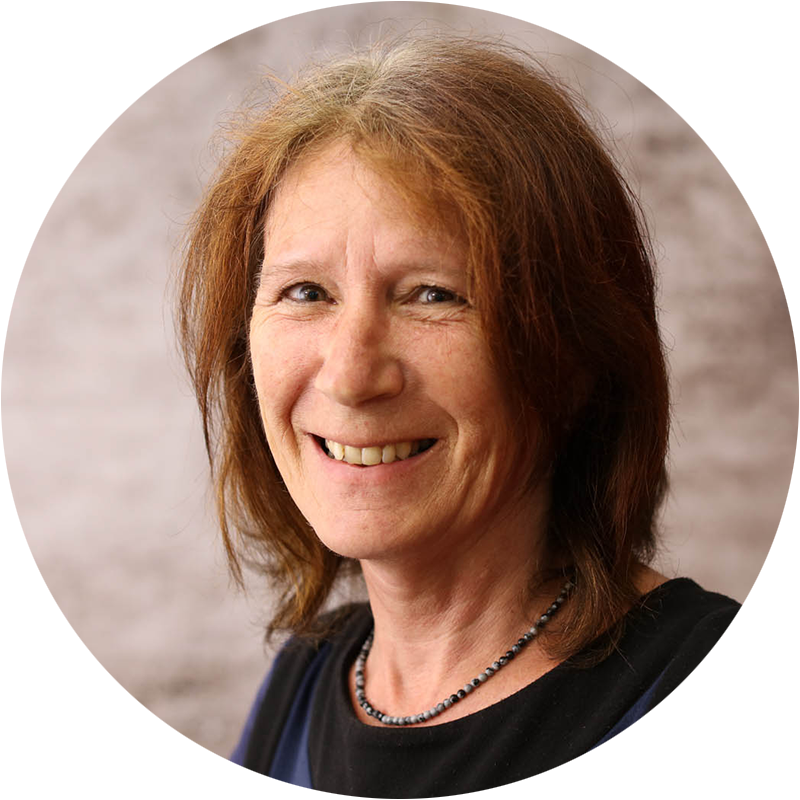
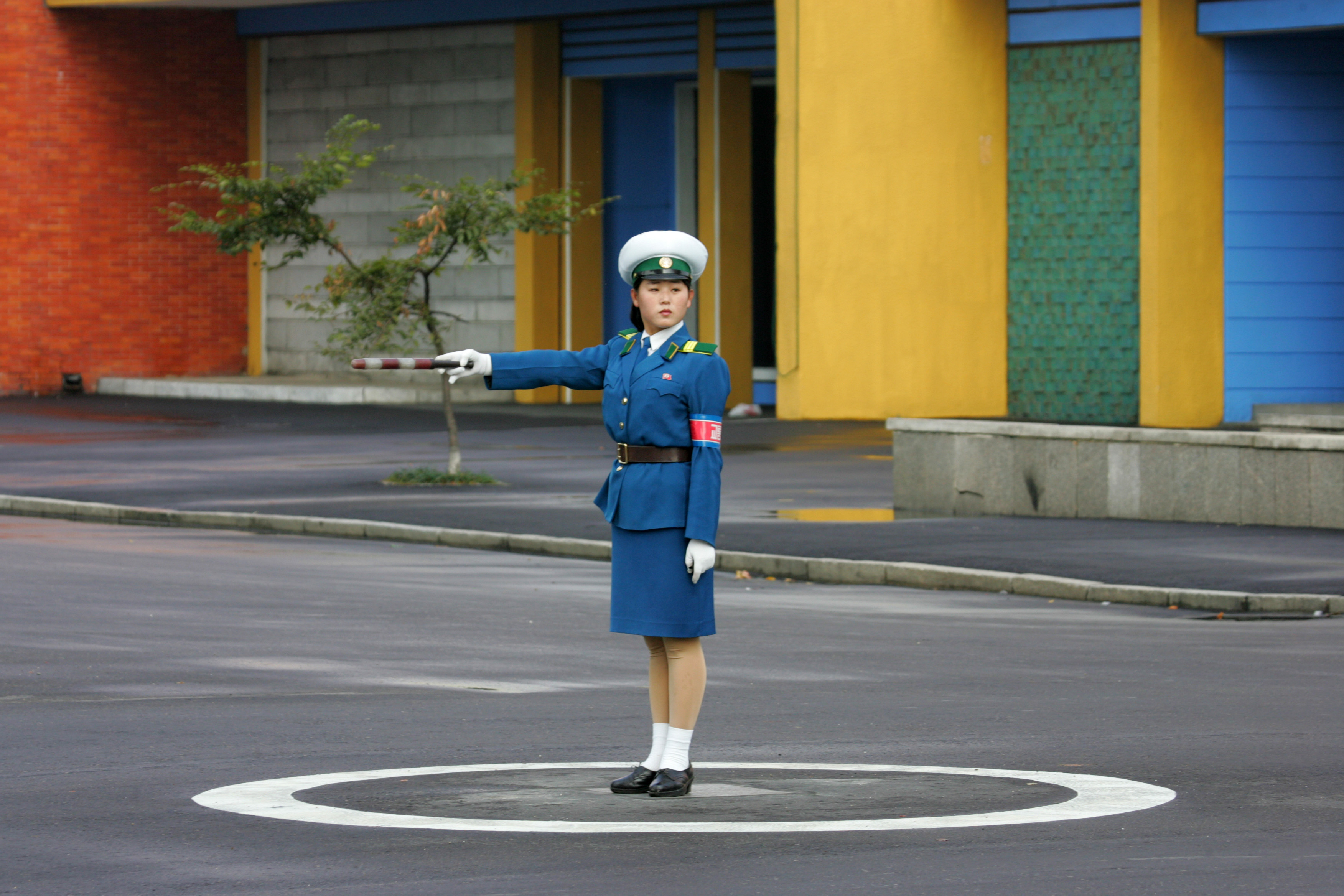
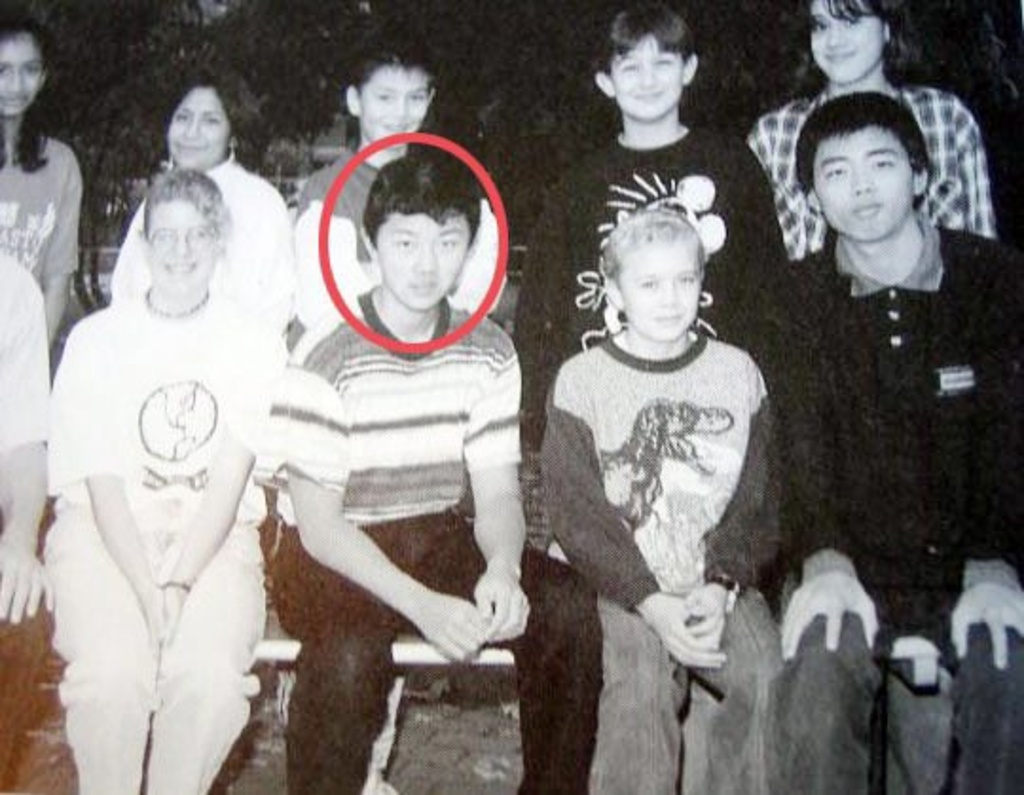
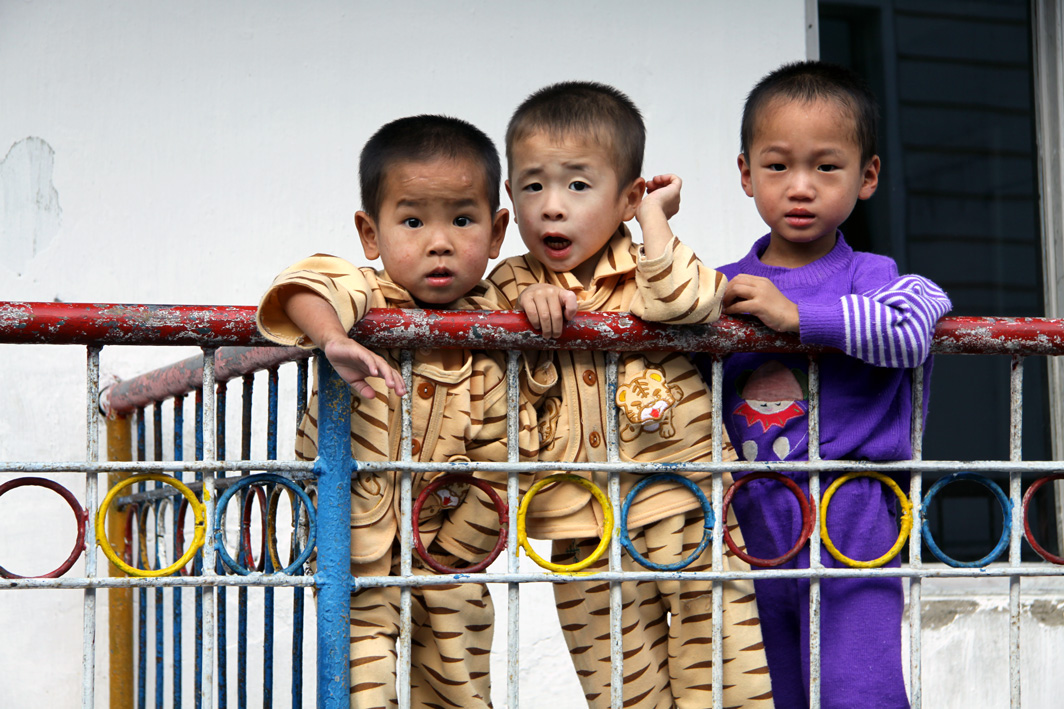
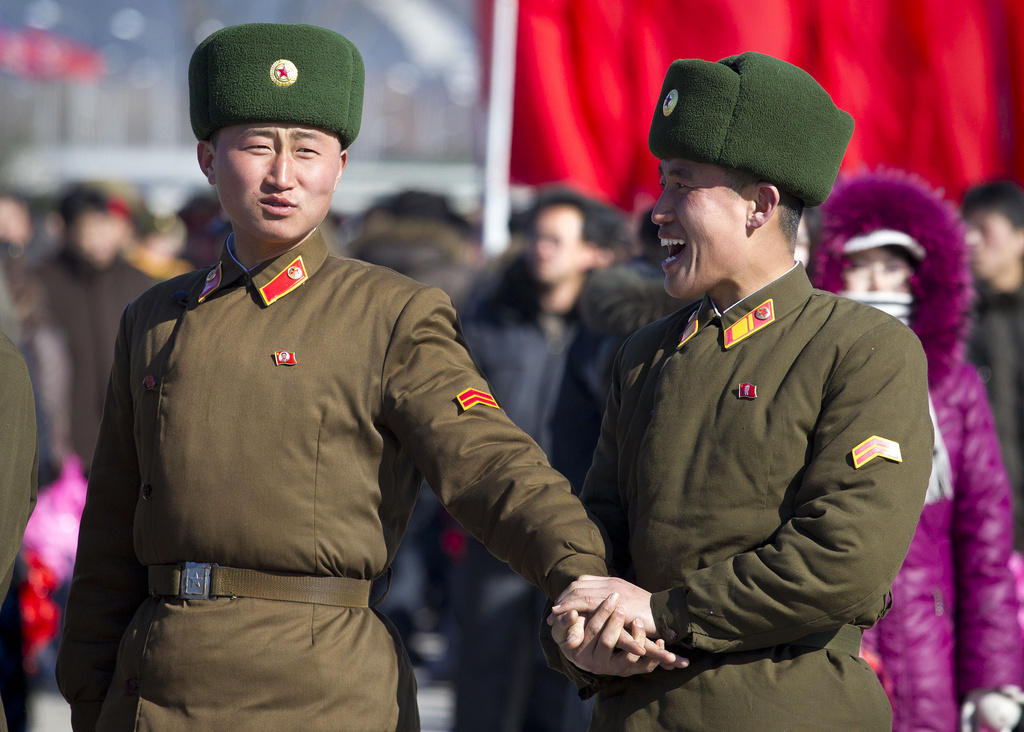
You can find an overview of ongoing debates with our journalists here. Please join us!
If you want to start a conversation about a topic raised in this article or want to report factual errors, email us at english@swissinfo.ch.